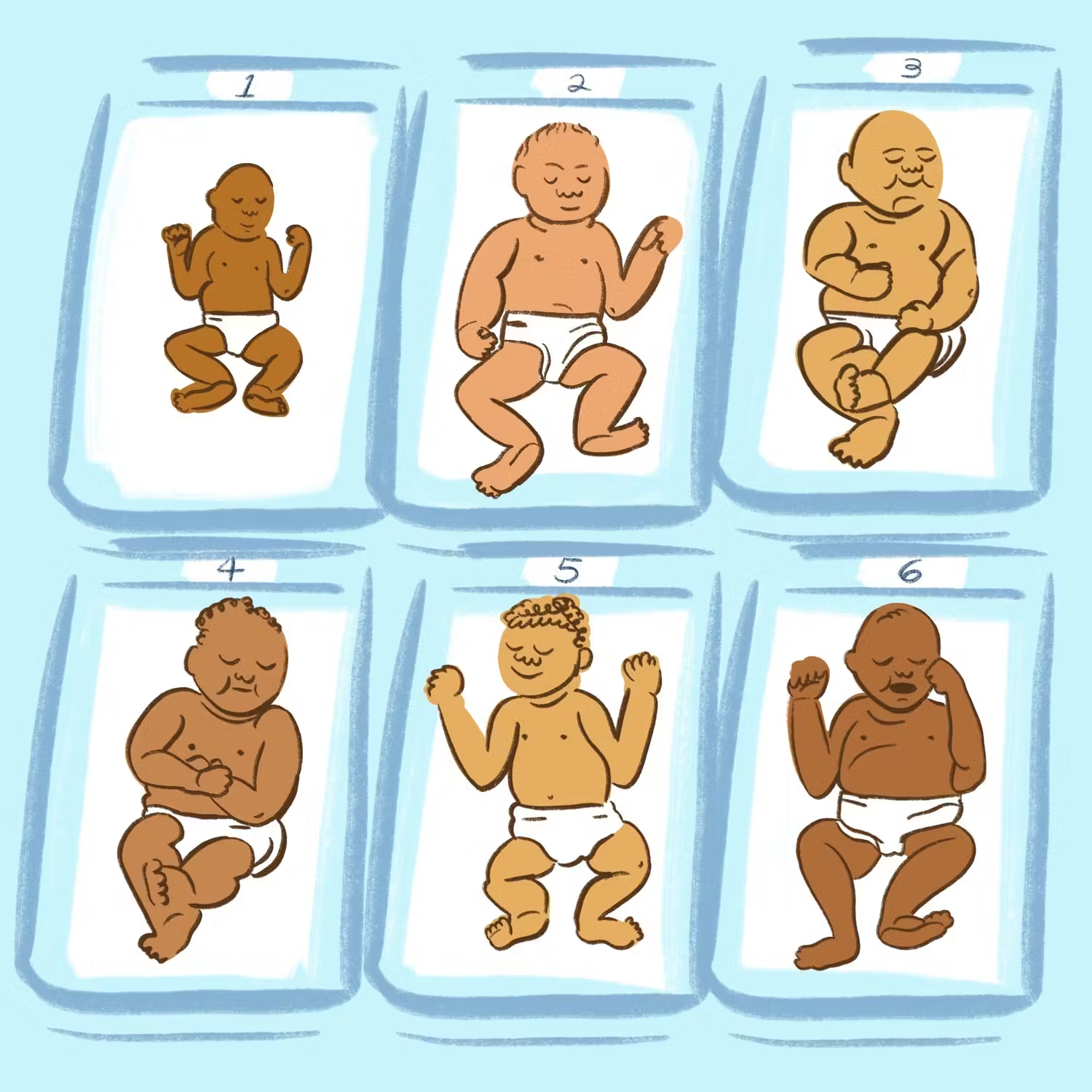SMOKING OR DRINKING WHILE PREGNANT CAN CAUSE SOME BABIES TO BE BORN TOO SMALL

Newborns are unmistakably (and adorably) tiny, but babies born too small (under 5.5 pounds) have a greater risk of serious health issues at birth and later in life than babies born at a healthier weight. A number of things can lead to babies being born underweight, but few behaviors pose as great a preventable risk as smoking and drinking while pregnant.
SMOKING
Smoking during pregnancy can increase the chances of a long list of dangers — from miscarriage and birth defects to dying from sudden infant death syndrome (SIDS) during infancy to developing diabetes or breathing problems later in life. The risks from cigarette smoke go beyond just a mom smoking. Simply being around cigarette smoke can increase the likelihood that a pregnant woman will give birth to a low birth weight baby.
According to the Centers for Disease Control and Prevention, no amount of exposure to cigarette smoke is considered safe for pregnant women or children, which is why avoiding smoke as much as possible during pregnancy is an important part of keeping you and your baby safe.
A primary concern regarding tobacco use or exposure while pregnant is the risk that the baby will be born too early and/or too small. While it’s not clear exactly how tobacco leads to low birth weight, nicotine, carbon monoxide, and other chemicals in cigarettes can limit the amount of oxygen and nutrients a baby gets in the womb. This, in turn, can potentially keep the baby from growing properly and prevent them from reaching a healthier weight.
One in every five babies born to smokers are underweight, and moms who smoke during pregnancy are almost twice as likely to give birth to a low-birth-weight baby than those who don’t. This means that the sooner a mom quits smoking, the healthier she and her baby will be.
ALCOHOL
Alcohol use during pregnancy, like tobacco, has been linked to a wide range of health concerns, including both physical and intellectual issues like low birth weight. When pregnant women drink alcohol, their unborn babies drink it, too.
A large amount of the alcohol consumed crosses the placenta and gets into the baby’s body, increasing the risk of health concerns by affecting hormones and disrupting the baby’s development. Similar to nicotine, alcohol can restrict blood flow to the placenta, which, in turn, can impact how much oxygen and nutrients a baby gets in the womb.
In addition to limiting how big the baby can grow, alcohol use in pregnancy can lead to other issues, too, namely birth defects, intellectual disabilities, and behavioral challenges later in life. Because of these risks, the CDC cautions that no amount of alcohol is known to be safe during pregnancy, and women should avoid it completely if they think they could get pregnant.